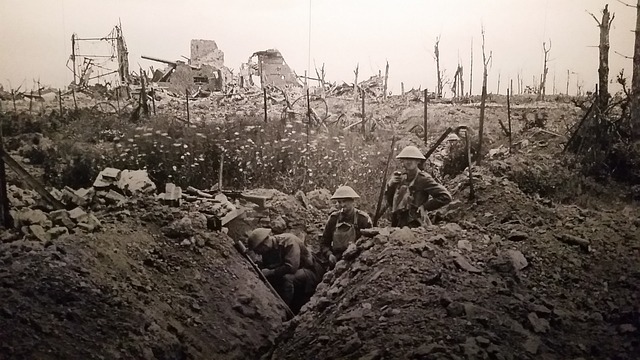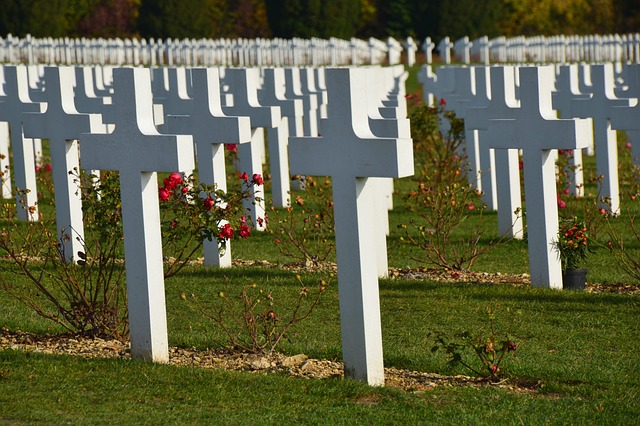
The Treaty of Versailles marked the end of the First World War.
The etymology of treaty takes us to the Latin word tractātus . The concept is used to refer to the conclusion of a matter that is reached by reaching an agreement after analysis and negotiation .
The document that includes said closure or adjustment and the writing that revolves around a specific topic is also called a treaty. When two or more international entities or countries agree on the establishment of certain norms or the resolution of a particular problem, it is called an international treaty .
Versailles , on the other hand, is the name of a city located in the suburbs of Paris ( France ). It is located on the Ile-de-France and is part of the Yvelines department, being its prefecture.
What is the Treaty of Versailles
The Treaty of Versailles is a peace agreement signed by the Allies and the Central Powers to close the First World War . The treaty was signed on June 28, 1919 at the Palace of Versailles , more precisely in the Gallery of Mirrors .
The belligerence , in any case, had ended on November 11, 1918 with the signing of the armistice. At that time, conversations began at the Peace Conference that took place in Paris and finally the Treaty of Versailles was agreed upon, which came into force on January 10, 1920 .
It is often mentioned that the most important consequence of the Treaty of Versailles was the attribution of material and moral responsibility for the war conflict to the Central Powers : the German Empire , the Austro-Hungarian Empire , the Ottoman Empire and the Kingdom of Bulgaria . Many historians consider that this decision was the seed of German discontent that later led to the outbreak of World War II .

The Treaty of Versailles forced Germany and the rest of the Central Powers to assume the material and ethical cost of the war.
The First World War
The First World War is known as a military confrontation carried out by the most important powers of their time , divided into two large sides. At that time, the conflict was baptized as the Great War , until later the development of a new confrontation of enormous magnitude forced a differentiation between the First and Second World Wars .
The First World War began in 1914 and ended in 1918 . The central reason for the conflict was the imperialism of the powers, although the crime of the Archduke of Austria is mentioned as a specific event at the beginning.
Franz Ferdinand of Austria (heir to the Austro-Hungarian Empire ) was assassinated on June 28, 1914 by Gavrilo Princip , a Serbian nationalist who was a member of the Young Bosnia revolutionary group. The attack in Sarajevo caused a diplomatic crisis between the Kingdom of Serbia and the Austro-Hungarian Empire ; Due to the various alliances established in previous years by different countries, the struggle became global .
The end of hostilities and the Treaty of Versailles
The Allies (the British Empire , France , the Kingdom of Italy , the Russian Empire , the United States , the Great Empire of Japan and other nations ) ended up prevailing over the Central Powers (the Austro-Hungarian Empire , the German Empire , the Ottoman Empire , the Kingdom of Bulgaria , the Kingdom of Finland and the Kingdom of Ukraine , among others). As we already indicated, the Treaty of Versailles took responsibility for the consequences of the First World War to the Central Powers .
Germany , for example , lost almost 72,000 square kilometers of territory. Alsace-Lorraine was returned to France , the Niemen River Valley was given to Lithuania , and Eupen was granted to Belgium , among other changes.
The Germans, on the other hand, were forced to hand over weapons and reduce their army . They were also prohibited from manufacturing war materials and ordered to cancel their mandatory military service.
The Treaty of Versailles also established the creation of the League of Nations . Germany , in this framework, was prevented from joining this supranational body that later led to the establishment of the United Nations Organization ( UN ).
